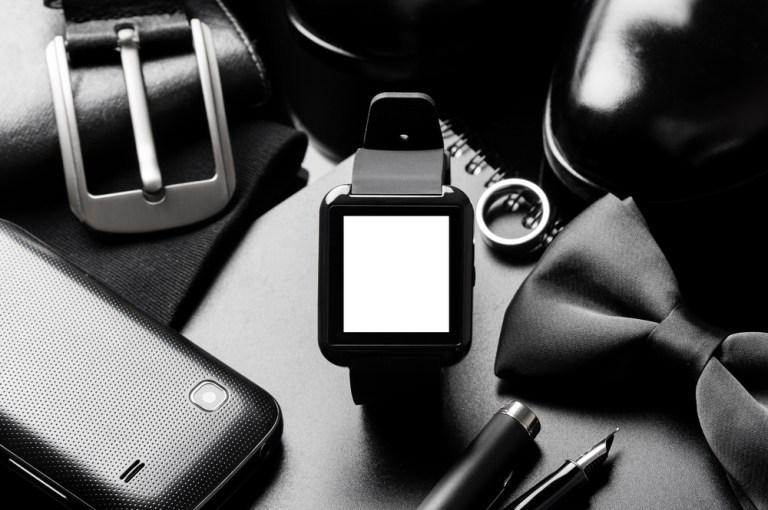Smartwatch Ownership To Increase 60 Percent In US

There has certainly been a myriad of new tech devices and gadgets entering the scene over the last few decades. One connected device that some may have thought would not have lasted as long as it has is seeing a major upswing in the United States — smartwatches.
According to NPD Group Connected Intelligence Wearables Survey, “WEAR Report Industry Overview and Forecast,” smartwatches are not going anywhere any time soon. By the end of June this year, the wearables market in particular saw a 1.5 percent increase over last year, with 9 percent of U.S. consumers over the age of 18 owning smartwatches.
What’s more, is that between Q2 2017 through the end of 2018, the wearables part of the connected arena is expected to see a 60 percent increase, which will bring the amount of U.S. consumers in the space up to 15 percent in the next few years.
NPD Connected Intelligence’s director, Weston Henderek, commented on the current state of the smartwatch market and what news is expected down the line. “Rumors of the smartwatch’s demise have been greatly exaggerated, and we expect to see stronger growth in the next 18 months, compared to 2016,” said Henderek. “Many of the early growth projections for the smartwatch were, simply put, unrealistic. But in reality, a 9 percent [smartwatch] ownership level is a pretty healthy start for the market after just a couple of years. We expect the next round of product upgrades will lead to more first-time smartwatch purchases, as well as upgrades for those with existing devices.”
What’s helping to drive the smartwatch market forward, in addition to new activity tracker features and capabilities, is the millennial generation’s piece of the smartwatch ownership pie. At the moment, millennials have a 13 percent penetration rate of the wearables market.
Whether or not this changes is likely dependent upon how many strategic partnerships wearables companies can make to help further integrate and improve the activity tracker feature of the wearable. Today’s smartwatch owners are already moving in this direction, with 15 to 21 percent using it for controlling music, checking email and more.